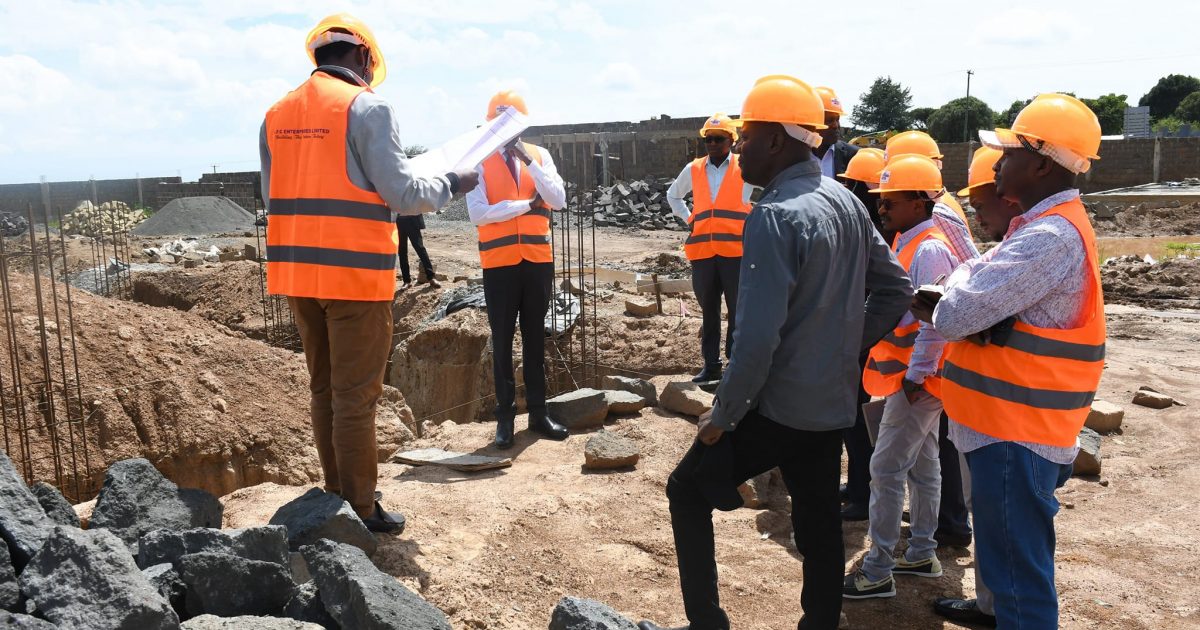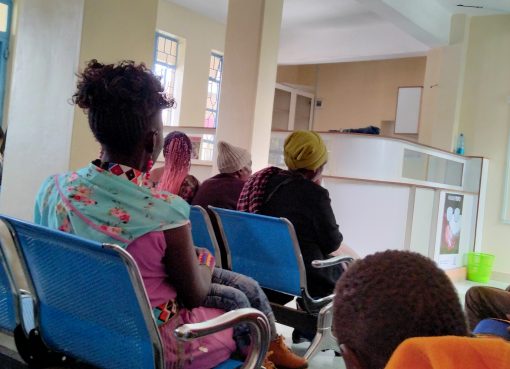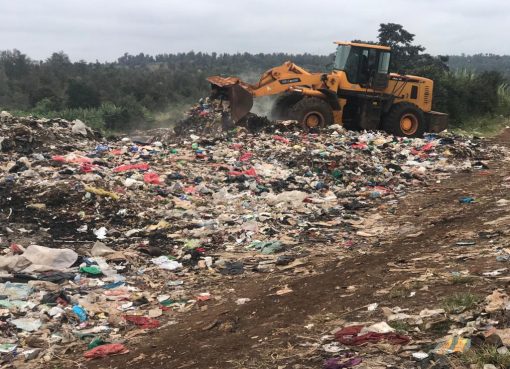According to the County Secretary and Head of Public Service, Dr. Samuel Mwaura, the construction of the park is at 15% completion, and the county, with support from the national government, is now unlocking the delays in the implementation of the over Sh 3 billion project that is expected to create more than 4,000 employment opportunities upon completion.
He cited some of the completed works at the park as site clearance, mass excavation for levelling, foundation excavation, concreting of two column bases, and the establishment of an administration block.
Others to be completed, he said, included constructing the slab, roofing, and wall installation for the warehouses and other auxiliary structures, which he said were underway.
Dr. Mwaura said the industrial park that is aimed at transforming the Central Rift region into a major commercial hub will host a variety of industries, including ICT hubs, energy-sector companies, engineering and construction firms, and chemical industries.
The park, he added, will have all the support infrastructure, such as power, water, and the park ring road, ready within three months, after which the investors will be allocated space and allowed to operate as the spatial plan is ready.
The County Secretary, who was accompanied by Chief Officers Samuel Ndegwa (Public Works) and Bernard Sang (Trade and Investment) during a visit to the site to assess the project’s progress, said the Industrial Park was also intended to attract private investors into establishing food processing plants that will add value to agricultural produce.
Dr. Mwaura said the Industrial Park project was a collaboration among the county government, Egerton University, and the Ministry of Agriculture and Fisheries, adding that the County Aggregation Industrial Park (CAIP) and Export Processing Zone (EPZ) have each been allocated 100 acres at the University’s Ngongongeri farm.
He added that the County Government had already approved a policy document to establish and implement the two projects.
“The CAIP project is a partnership between the State Department for Industry and the Council of Governors (COG), and it will see Nakuru County allocate Sh 250 million towards the initiative this financial year, which will match a similar amount from the national government,” Mwaura elaborated.
He stated that the devolved unit bets that CAIPS and SEZs will help grow industrialisation and middle income to provide quality life to all residents by 2030 in a clean and secure environment.
Dr. Mwaura noted that the county administration was also collaborating with the Ministry of Investments, Trade, and Industry (MITI) to start CAIPS in line with the bottom-up economic transformation agenda.
He revealed that the devolved unit was envisioning CAIPS and SEZs that will host light industries such as warehousing and logistics and supporting medium and heavy industries such as manufacturers of fertilisers, iron and steel, plastics and packaging, and fabricated metal products.
The national government has set aside Sh4.7 billion for the construction of CAIPS in all counties to promote manufacturing, with the counties also committing a similar amount to the project, which is a partnership between the regional governments and the Ministry of Investment, Trade, and Industry.
Each county is expected to contribute Sh250 million and provide a minimum of 100 acres of land for the establishment of the parks towards the implementation of the project in the next financial year. This will be used to fund the provision of electricity, water, effluent management, internet, security, and common transport.
State Department for Industry Principal Secretary Dr. Juma Mukhwana had earlier elaborated that the project will be implemented in two phases, adding that once the parks are constructed, Equity Bank will provide financial support for the purchase of manufacturing equipment for industries willing to invest in the parks.
The PS said the government will also establish a Sh6 million fund to provide start-up capital to small-scale traders and youth under a programme dubbed “Viwanda Mashinani.”
He said already that Sh100 million has been disbursed to Nakuru County for the construction of basic infrastructure. Other counties identified for the first phase of the project include Busia, Murang’a, Kakamega, and Kirinyaga.
In Africa, Kenya has the largest number of SEZs with 61, ahead of Nigeria, South Africa, and Ethiopia. However, these have not really taken off owing to the lack of a coherent policy.
The establishment of industrial parks is part of Kenya’s industrial transformation programme, which was launched in July 2015. The country has 15 gazetted SEZs, which form part of the ambitious plans to create thousands of jobs and boost exports to spur economic growth by 2030.
This comes at a time when Kenya has set a cheaper power tariff of Sh10 per unit at the 15 special economic zones. The zones are spread across Naivasha, Mombasa, Kisumu, and Machakos. The Olkaria-Kedong SEZ in Naivasha has been enjoying a cheaper tariff of Sh5 per unit.
The tariff is the lowest rate per unit of power across all the consumption bands under the new regime, highlighting the State’s resolve to improve the investor climate in the face of increasing competition from countries that offer investors cheap electricity.
By Esther Mwangi and Felistars Kahungu




